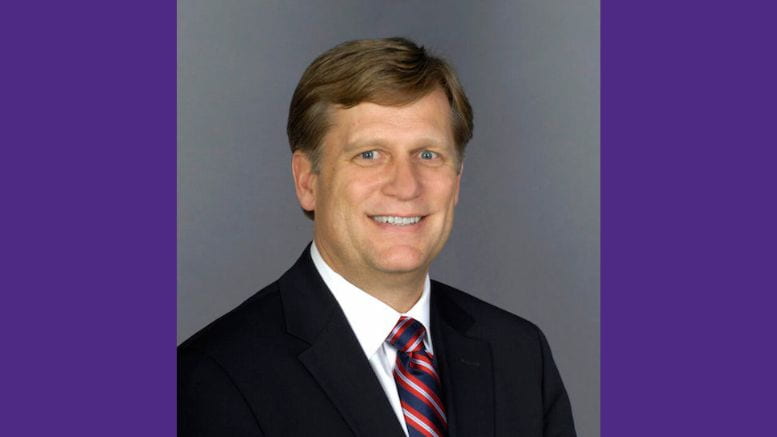The 34th Annual Richard W. Leopold Lecture will be delivered by Ambassador Michael McFaul, who will discuss Great Power Competition in the 21st Century: Lessons from the Cold War for Dealing with China and Russia Today, on October 17, 2023, at 5 pm CT at Cahn Auditorium.
In his talk, McFaul will compare the power, ideology, and visions of global order of the United States, China, and Russia while discussing what is similar and different between great power competition today and the Cold War.
A moderated Q&A session will be held at the end of the talk.
ABOUT THE SPEAKER
Michael A. McFaul served as Ambassador of the United States of America to the Russian Federation from January 2012 to February 2014. Prior to becoming Ambassador, he served for three years as the special assistant to the President and senior director for Russia and Eurasian Affairs at the National Security Council. Currently, McFaul is a professor of political science and a Hoover fellow at Stanford University. He is also director and senior fellow at the Freeman Spogli Institute for International Studies (FSI).
He is the author and editor of several monographs including, Advancing Democracy Abroad: Why We Should and How We Can (2009); with Valerie Bunce and Katheryn Stoner-Weiss, eds., Democracy and Authoritarianism in the Postcommunist World (2009); with Anders Aslund, eds., Revolution in Orange: The Origins of Ukraine’s Democratic Breakthrough (2006); with Nikolai Petrov and Andrei Ryabov, Between Dictatorship and Democracy: Russian Postcommunist Political Reform (2004); with James Goldgeier, Power and Purpose: American Policy toward Russia after the Cold War (2003); and Russia’s Unfinished Revolution: Political Change from Gorbachev to Putin (2001). Most recently, he wrote From Cold War to Hot Peace: An American Ambassador in Putin’s Russia (2018), a New York Times best-selling inside account of U.S.-Russia relations from 1989 to the present.
McFaul was born and raised in Montana. He received his Bachelor of Arts degree in International Relations and Slavic Languages and his Master of Arts degree in Soviet and East European Studies from Stanford University in 1986. He was awarded a Rhodes Scholarship to Oxford where he completed his Doctor of Philosophy degree in International Relations in 1991.

